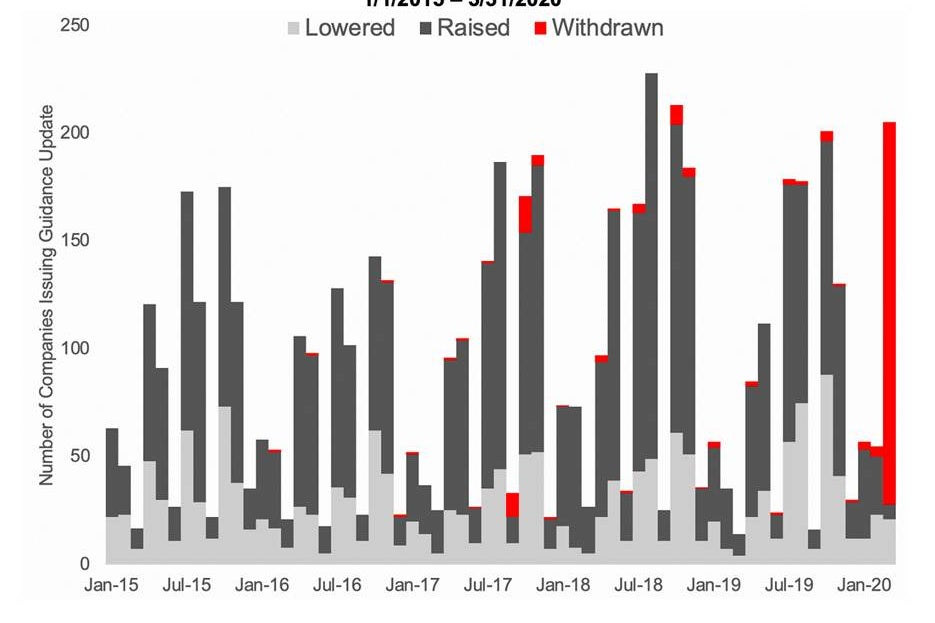As we find ourselves amid a whirlwind of change and unpredictability, the phrase “navigating the rising tide of uncertainty” has never felt more relevant. From global economic disruptions to climate change and technological advancements, uncertainty is a constant in our lives. Experts across various fields are weighing in on what this means for our future, urging individuals, businesses, and governments to adapt and thrive in an environment where the only constant is change. In this article, we delve into the implications of rising uncertainty and how understanding these dynamics is crucial for informed decision-making in an unpredictable world.
The Nature of Uncertainty in Today’s World
Uncertainty is not new; however, its scope and scale have dramatically evolved in recent years. Factors contributing to this rising tide include:
- Globalization: The interconnectedness of economies means that a disruption in one part of the world can have ripple effects globally.
- Technological Change: Rapid advancements in technology create both opportunities and challenges, leading to job displacement and new market dynamics.
- Climate Change: Environmental unpredictability poses risks not only to natural resources but also to social and economic stability.
- Political Instability: Geopolitical tensions and domestic political issues create an atmosphere of unpredictability that affects global markets.
Understanding these factors is essential as they influence our daily lives, from the jobs we hold to the products we buy. The consequences of ignoring these dynamics can be severe, leading to poor decision-making and missed opportunities.
Economic Implications of Rising Uncertainty
One of the most significant areas affected by uncertainty is the economy. As businesses face unpredictable market conditions, they must adapt their strategies to survive and thrive. Here are a few key economic implications:
Investment Strategies
In a climate of uncertainty, investors often gravitate towards safer assets. This shift can lead to:
- Increased Demand for Bonds: Investors may prefer fixed-income securities over equities, seeking stability amidst volatility.
- Emergence of Alternative Investments: Real estate, commodities, and even cryptocurrencies have gained traction as investors look for diversification.
Business Operations
Companies are re-evaluating their operational strategies to mitigate risks. This includes:
- Agility and Flexibility: Businesses are adopting agile methodologies to respond quickly to changing market demands.
- Supply Chain Diversification: Companies are moving away from single-source suppliers to reduce vulnerability to disruptions.
Social Dynamics and Community Resilience
Uncertainty also reshapes social interactions and community resilience. The social fabric of communities can be tested during uncertain times, leading to both challenges and opportunities:
Building Stronger Communities
In response to rising uncertainty, communities may find strength in solidarity. Key aspects include:
- Community Engagement: Increased participation in local governance can empower individuals to influence decision-making.
- Support Networks: People often come together to support one another, fostering resilience in the face of adversity.
Shifts in Consumer Behavior
Consumers are increasingly making choices based on values, which can lead to:
- Preference for Sustainable Products: As awareness of environmental issues grows, consumers are more likely to support brands with sustainable practices.
- Localism: There’s a marked shift towards supporting local businesses, which can bolster community economies.
Technology plays a dual role in the context of uncertainty. While it may contribute to some of the unpredictability we face, it also offers tools to navigate these challenges effectively:
Data Analytics and AI
Organizations are leveraging data analytics and artificial intelligence to make informed decisions. This can lead to:
- Predictive Analytics: Businesses can anticipate market trends and consumer behavior, allowing for more strategic planning.
- Enhanced Decision-Making: AI-driven insights enable quicker, data-backed decisions, reducing the impact of uncertainty.
Remote Work and Collaboration Technologies
The pandemic accelerated the adoption of remote work, and this shift has lasting implications:
- Work-Life Balance: Remote work offers flexibility, promoting a healthier work-life balance for employees.
- Global Talent Pool: Companies can now hire talent from anywhere in the world, enhancing diversity and innovation.
Preparing for the Future: Strategies for Individuals and Organizations
As we navigate this rising tide of uncertainty, proactive strategies can help individuals and organizations adapt:
Continuous Learning and Adaptation
Staying relevant in an ever-changing world requires a commitment to lifelong learning. This can involve:
- Upskilling: Individuals should invest in skills that are in demand, particularly in technology and digital literacy.
- Networking: Building professional networks can provide support and open doors to new opportunities.
Embracing Change
Organizations need to foster a culture that embraces change and innovation. This includes:
- Encouraging Experimentation: Allowing teams to test new ideas without fear of failure can lead to breakthroughs.
- Engaging Employees: Involving employees in decision-making can enhance buy-in and drive organizational change.
Conclusion: A Call to Action
The rising tide of uncertainty presents both challenges and opportunities. By understanding the dynamics at play, individuals and organizations can make informed decisions that not only help them survive but also thrive in this unpredictable landscape. Embracing change, fostering resilience, and investing in knowledge are essential steps towards navigating the complexities of our future. As we move forward, let us approach uncertainty not with fear, but with optimism and a readiness to adapt, ensuring a brighter tomorrow for all.
See more Business Focus Insider Team

